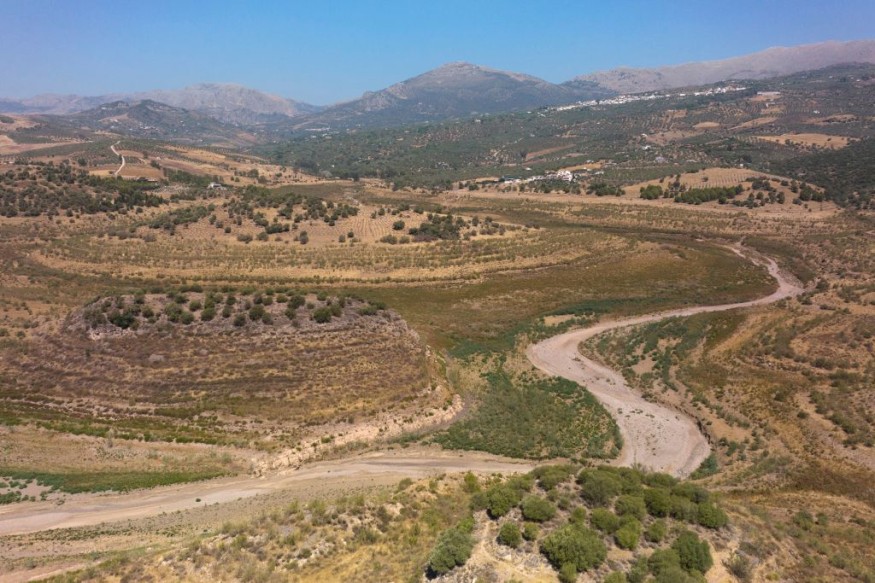Global warming is evidently one of the greatest challenges of our time, with multiple studies pointing out the human-induced phenomenon could cause a myriad of environmental repercussions, including rise in global sea level, above-average temperatures, and extreme weather.
Under climate change, various models show the planet is gearing towards a dangerous path by the middle or end of the century.
While existing scientific literature about the said natural phenomena has been well-established, there is little or no evidence before correlating them to specific health-related variables such as sleep and diseases. Currently, a new study confirms no research in the past have directly integrated the notion that the climate crisis is responsible behind sleep disturbance and increased risk of infectious diseases.
The study led by researchers from the United States proves otherwise a strong linkage between climate change and the said variables. A research team from the University of California, Los Angeles (UCLA) claims a warming planet not only disrupts one's ability to get quality sleep; but it also makes it hard for the body to fight off infection due to sleep disruption, including lack of adequate sleeping hours.
In recent years, scientists have also warned that the climate crisis could soon propagate the spread of mosquitos and other insects that carry various diseases. In particular, evidence shows that global warming will eventually force mosquitoes to reach regions of the world they have never been to before.
Sleep Deprivation and Immune Response

In the new paper published on the journal Temperature on July 30, researchers from the Health Sciences department of the UCLA confirms the long-held theoretical evidence that a warming planet causes both sleep disruption and vulnerability to pathogens, due to a weakened immune response.
The findings support the overlooked reality that global warming adds a myriad of health hazards that are previously unknown or less studied. Prevailing literature only says prolonged exposure to global warming-related weather hazards like heat wave, drought, and high temperatures causes the well-known hazards like hyperthermia, heat stress, or heat stroke.
According to UCLA Professor Dr. Michael Irwin, the climatic issue also raises into question the vulnerability of low-income communities, which are susceptible to scorching temperatures brought by global warming since they have less access to air conditioning, as cited by Science Daily.
Climate Change and Sleep
In a separate yet related study, a new research was published in One Earth in May 2022, where scientists found that by the year 2099, higher temperatures may remove 50 to 58 hours of sleep per person every year, Smithsonian Magazine.
While the said two research holds credible, the quality of sleep is still mainly affected by a room's temperature, given that a person is sleeping inside an enclosed space instead of outdoors.
Insect-Borne Diseases
In addition to infectious diseases amplified by a weakened immune system, multiple studies have also blamed the climate crisis to its potential to alter the movement and coverage of insect-borne diseases.
According to Stanford University, climate change will eventually alter where mosquitoes are most comfortable, hastening the spread of disease and shifting the world's disease burden. The university emphasized that even wealthy, developed nations like the United States is are not immune.
© 2025 NatureWorldNews.com All rights reserved. Do not reproduce without permission.





